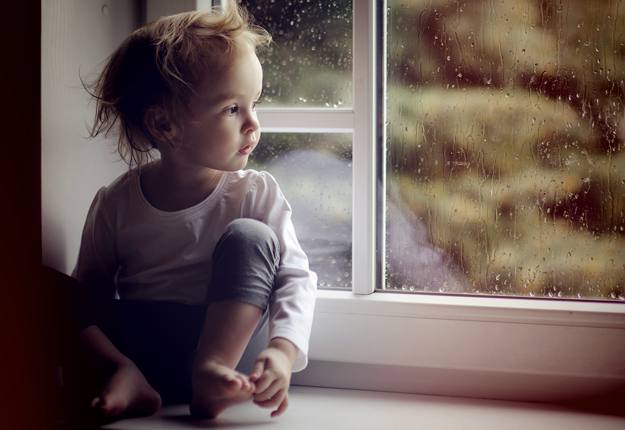Emotional intelligence, being able to understand our own emotions and those of other people, is an important skill.
“We use our emotional intelligence to take care of ourselves, to build strong relationships, to manage workplace conflicts, and to make choices that support our own emotional wellbeing.”
You can foster your child’s emotional intelligence by:
- Name the emotion. Talk about and name emotions in daily life. If your child is feeling sad, or angry, or happy then reflect that back to them, ‘Are you feeling sad?’ You can also talk about the emotions of characters in books or on television shows. For example, you could pause as you read your child’s favourite story and ask, ‘What do you think she’s feeling?’
- Make your home into an accepting space for emotions. This doesn’t mean that you can’t set limits on how emotions are expressed. It just means that you accept the emotions themselves: all feelings and wishes are allowed. Just as it is difficult for a child to learn to ride a bike if practising riding a bike is not allowed, it is hard to learn more about emotions if emotions are always met with disapproval.
- Let go of what you think your child should feel. Reflect back to your child what they are actually feeling. For example, if your child is angry at their brother then it is not the right time to remind them that they love their brother. Sure, they do, but right now they are feeling anger. When parents reflect back to children what they think they should be feeling rather than what they actually feel it can be very confusing. Consider how confusing it would be if you regularly insisted that buses were trains!
- Set realistic goals for emotional expression. Help your child to find appropriate ways to express their emotions that are realistic for them. Remember, what they can do right now is probably not perfect but it may be an improvement.
- Don’t forget about positive emotions. Emotional intelligence isn’t just about unpleasant emotions like sadness or anger. You need to do all of the above with positive emotions like excitement or joy as well.
By fostering your child’s emotional intelligence you will have given your child an important set of skills that will lead to success in the classroom, the workplace, in friendships and relationships.





















11:02 am
9:20 am
8:35 am
3:11 am
9:27 pm
3:04 pm
11:06 am
10:59 pm
5:33 pm
1:36 pm
1:30 pm
10:48 am
10:40 am
9:59 am
8:57 am
7:38 am
7:13 am
3:43 am
12:00 am
9:51 pm
- «
- 1
- 2
- 3
- »
Post a commentTo post a review/comment please join us or login so we can allocate your points.